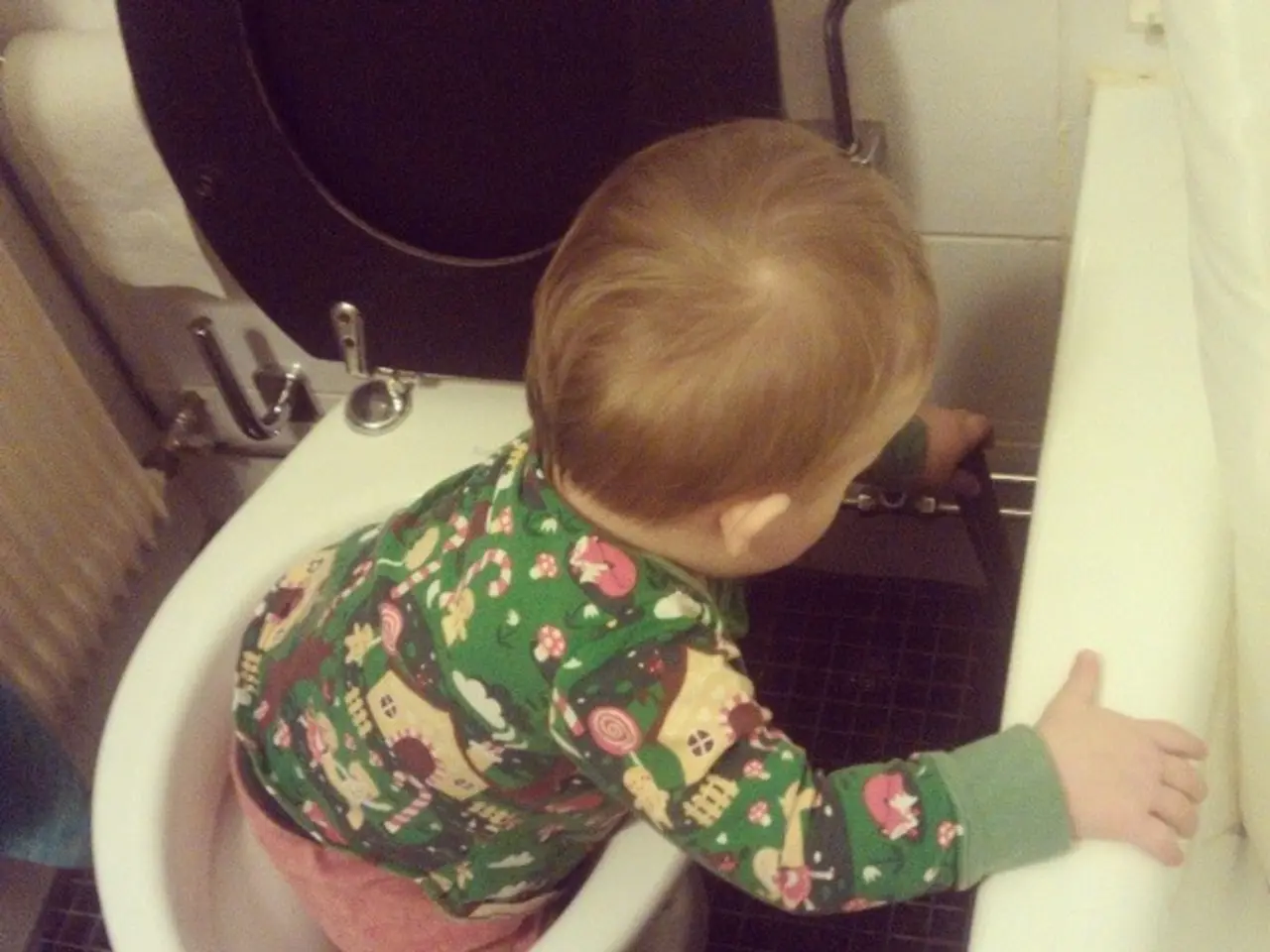Essential Elements in Counseling Diversity: A Closer Look
### Key Strategies for Enhancing Cultural Competence in Healthcare Practices
Delivering effective, respectful, and equitable healthcare to diverse patient populations requires a commitment to cultural competence. This article outlines evidence-based strategies to strengthen cultural competence among healthcare professionals and organizations.
#### Education and Training
Integrating cultural competence education into healthcare curricula is critical, using interactive methods such as role-playing, case studies, group discussions, and reflection exercises. Continuing education and workshops on cultural competence, advanced communication, and local traditions ensure clinicians remain current with best practices. Diverse clinical placements expose students to different cultural practices and healthcare challenges.
#### Organizational Policies and Practices
Adopting national standards like the National Standards for Culturally and Linguistically Appropriate Services (CLAS) guides organizational change, ensuring services meet the needs of diverse populations. Recruiting a diverse staff better equips organizations to deliver culturally competent care, and language interpretation services should be readily available, tailored to the patient’s preferred language and literacy level.
#### Community Engagement
Working closely with community organizations and leaders provides insights into local health beliefs, practices, and needs, and helps build trust within the community. Encouraging healthcare professionals to participate in community immersion programs offers firsthand experiences with diverse cultural backgrounds.
#### Patient-Centered Communication
Empathy, patience, and respect should be prioritized in patient interactions. Health information and education materials should be adapted to align with patients’ cultural values, traditions, and beliefs for better engagement and adherence. Feedback mechanisms allow organizations to identify and address gaps in cultural competence.
#### Evaluation and Continuous Improvement
Regular evaluation of staff cultural competence through surveys, patient outcomes, and other metrics is essential. Assessment data should inform ongoing quality improvement initiatives aimed at reducing disparities and enhancing patient satisfaction.
By implementing these strategies, healthcare organizations can create an environment of cultural respect, improve patient outcomes, and reduce health disparities.
- In addition to integrating cultural competence education into healthcare curricula, it's vital to incorporate personal growth and learning opportunities through continual education workshops and self-development resources, focusing on advanced communication skills and understanding local traditions.
- To further enhance mental health and wellness for diverse patients, healthcare organizations should proactively engage with community leaders and organizations, fostering trust and learning about local health beliefs, practices, and needs, which play a crucial role in health-and-wellness outcomes.
- For better science and education-and-self-development initiatives within healthcare organizations, the evaluation of staff cultural competence should involve gathering feedback from patients, and utilizing data from surveys, patient outcomes, and other metrics to drive continuous improvement in cultural competence programs, ultimately leading to a more equitable and effective healthcare system.




